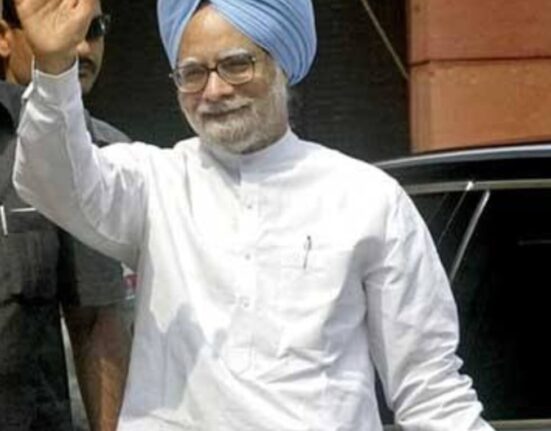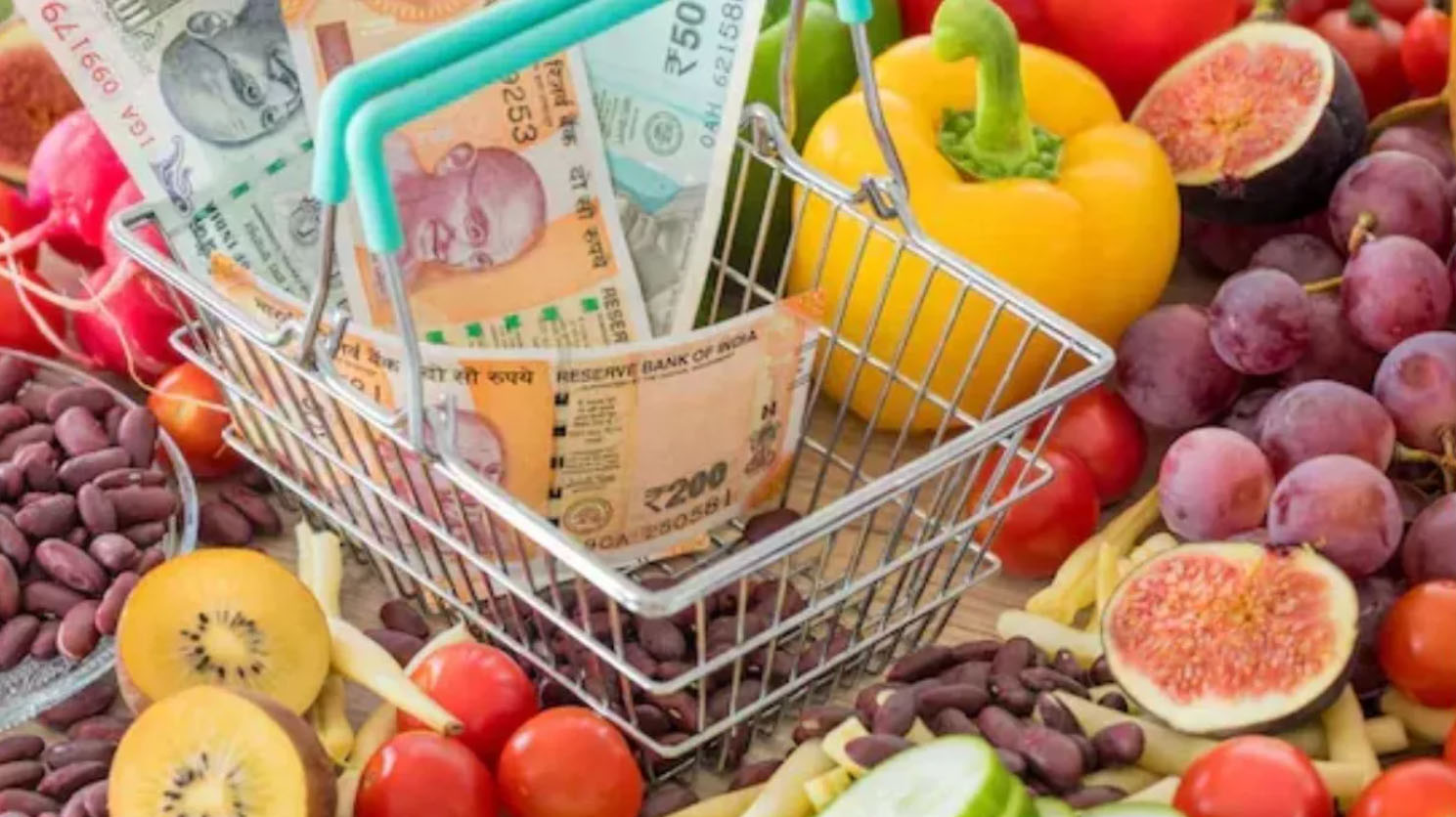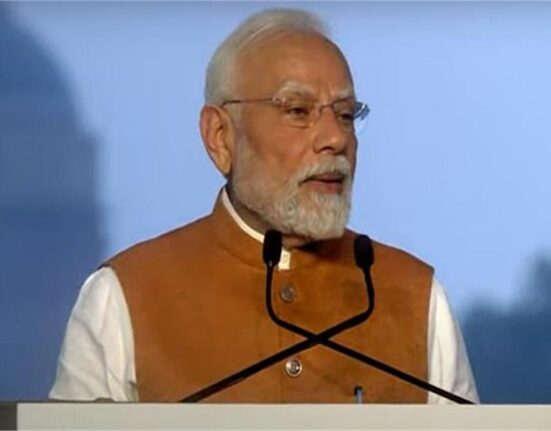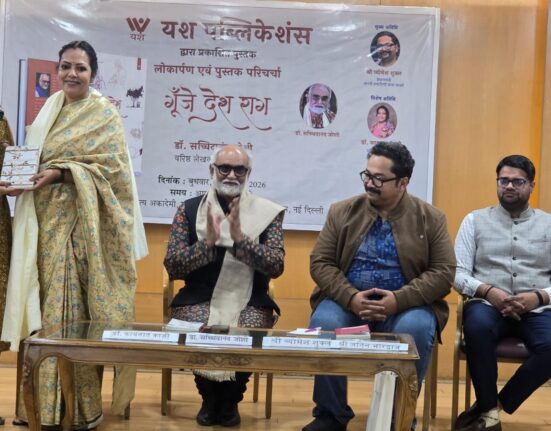New Delhi: Starting September 22, right on the eve of Navratri, households across India will feel some much-needed relief at the dining table. The government has announced sweeping changes in Goods and Services Tax (GST) rates on essential and packaged food products, reducing the levy on many items from 18% to 5%.
While luxury and harmful items such as gutkha, tobacco, and cigarettes will continue to attract a steep 40% tax, everyday kitchen staples are set to become more affordable. Officials confirmed that most food products will now fall within the 5% and 18% GST brackets under the revised structure.
What Will Cost Less from September 22?
The list of items becoming cheaper is extensive, covering both basic necessities and indulgent packaged goods. Among them:
- Dairy and Bakery: Milk, paneer, cheese, butter, ghee, margarine, butter oil, pizza bread, paratha, chapati, khakhra, Indian flatbreads, cakes, biscuits, pastries, and other baked goods.
- Packaged Foods & Condiments: Pasta, noodles, couscous, corn flakes, bulgur wheat, extruded snacks, packaged namkeen, bhujia and mixtures, sauces, seasonings, soups, jams, jellies, marmalades, pickled vegetables, yeast, and baking powder.
- Sweets & Confectionery: Chocolates, sugar confectionery, flavored/refined sugars, syrups, cocoa butter, cocoa powders, and ice creams.
- Meat & Fish Products: Preserved meats and fish, sausages, animal fats and oils, lard, tallow, and extracts of meat and seafood.
- Fruits, Nuts & Beverages: Dry fruits such as cashews, almonds, pistachios, pine nuts, dates, figs, pineapples, guavas, mangoes, avocados, packaged coconut water, vegetable juices, coffee extracts, and chicory.
- Miscellaneous: Vegetable waxes, lanolin, glycerol, malt, starch, Indian catechu, textured vegetable protein (soy chunks, moongodi, batter preparations).
Altogether, 55 food items have been brought under the lower GST slab, aimed at reducing the burden on consumers ahead of the festive season.
Why It Matters
Traditionally, September and October mark peak household spending in India as festivals approach. By slashing taxes on daily essentials, the government is not only offering relief to middle-class families but also boosting demand in the FMCG sector.
With the new rates taking effect on September 22, consumers can expect their grocery bills to shrink — a timely breather at a moment when inflation has been weighing heavily on household budgets.














Leave feedback about this